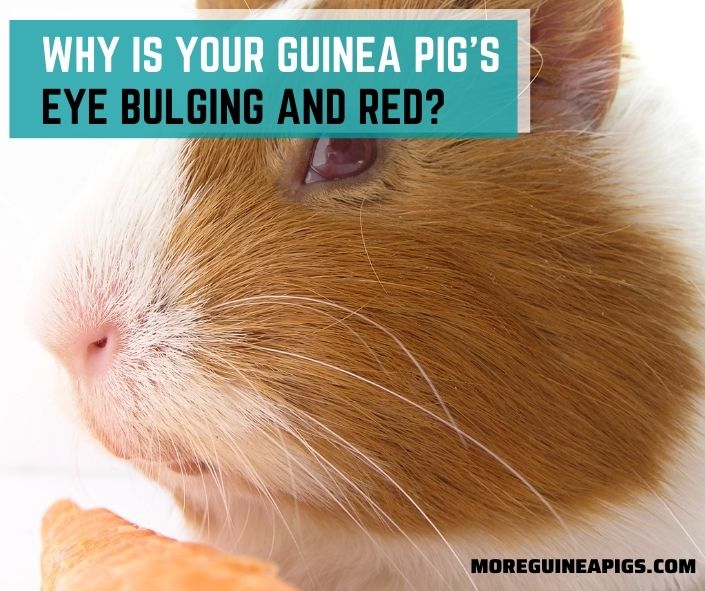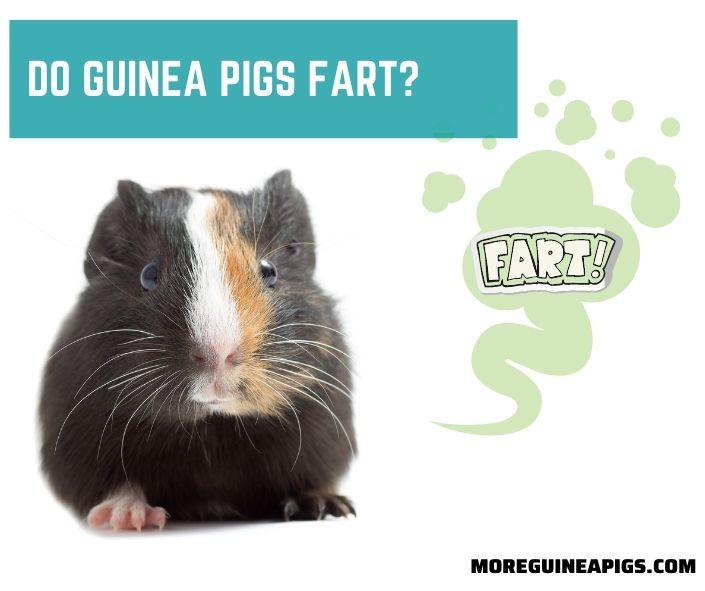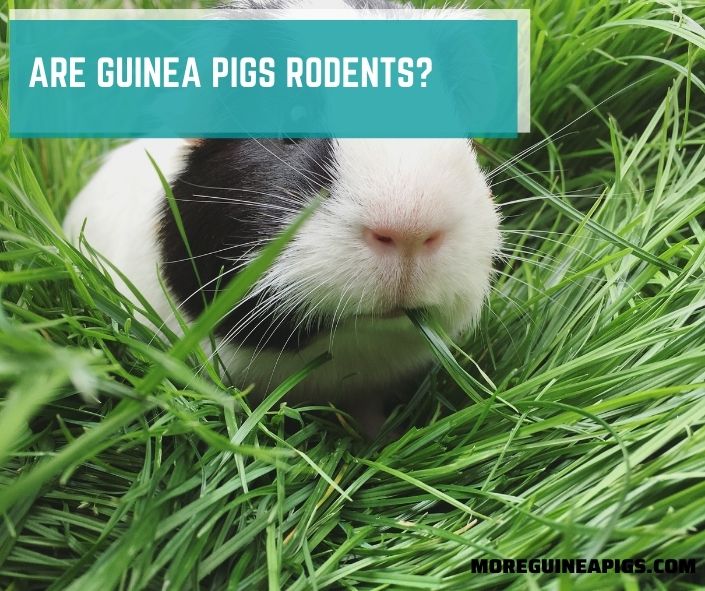Why Is Your Guinea Pig’s Eye Bulging and Red?
Guinea pigs’ eyes are first witnessed of any infection in the body. Any anomaly or unusual feature in their eyes could be a symptom of illness, so keep a watch on them. Why Is Your Guinea Pig’s Eye Bulging and Red?
Being a pet owner, it is necessary is to know about normal and abnormal features and symptoms of diseases and infections. As a result, before adopting a pet, individuals should extensively study its behavior and health risks.
The signs and symptoms of eye infections and disorders will be discussed in this article. The reasons for redness and bulging in guinea pig eyes will also be discussed in this article. So, read the article to the conclusion to learn more about these infections.
Why Is Your Guinea Pig’s Eye Bulging and Red?
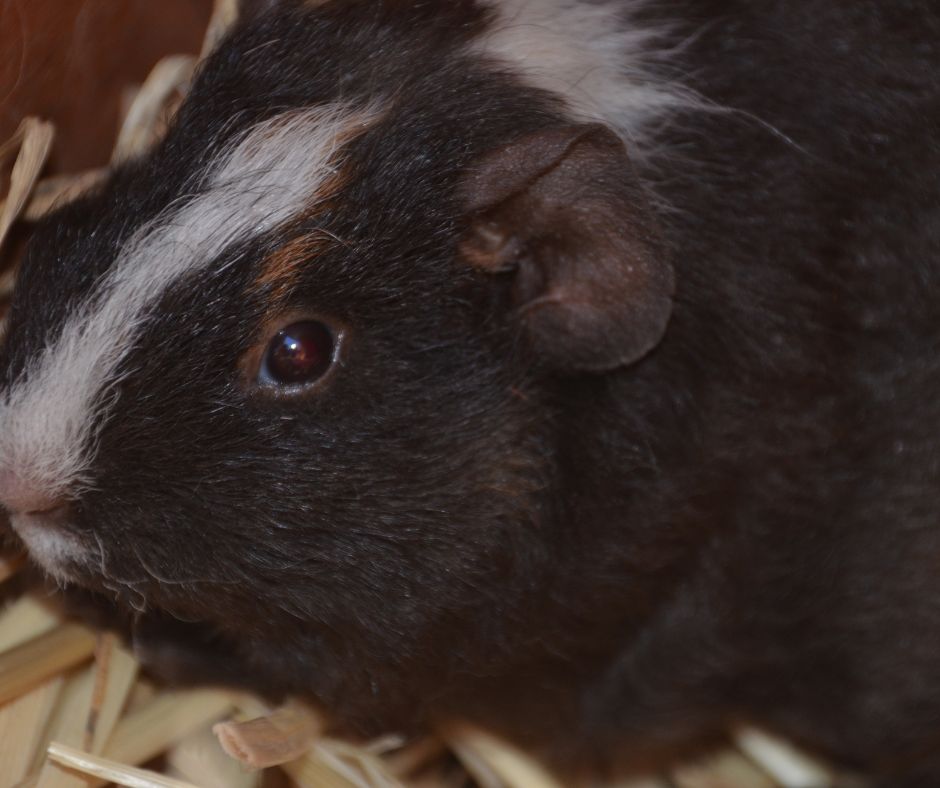
A tumor or abscess behind the eye is the most prevalent cause of bulging eyes in guinea pigs. Conjunctivitis, corneal ulcer, keratoconjunctivitis, entropion, and respiratory infections are only a few of the various reasons of redness in the eyes.
Consult a veterinarian as soon as you notice your guinea pig’s eyes bulging and redness. He or she will assess the signs and symptoms and make a pharmaceutical recommendation.
Because bulging eyes are caused by an accumulation of abscesses or tumors, most veterinarians perform surgery to remove the tumor. Medicine such as antibiotics and anti-inflammatories would be preferred to surgery for an abscess. We also need to check for dental disease, which is often underlying.
Tumor Under the Eye or Abscess in The Top Jaw
Guinea pigs may have a tumor behind the eye in the eye socket. Blood vessels run through the eye socket, and a tumor can form in these blood vessels, causing bulging eyes. The tumor may begin with an accumulation of abscesses on the top jaw in some situations.
Tumors can also cause an abscess behind the eyes. Pain, itching, swelling, and the ejection of sticky and mucous-like fluid from the eyes are all signs and symptoms.
So, if you notice these signs in your pet, take him or her to the vet right away because some tumors, such as malignant tumors, might spread and cause death.
Signs of Corneal Ulcers
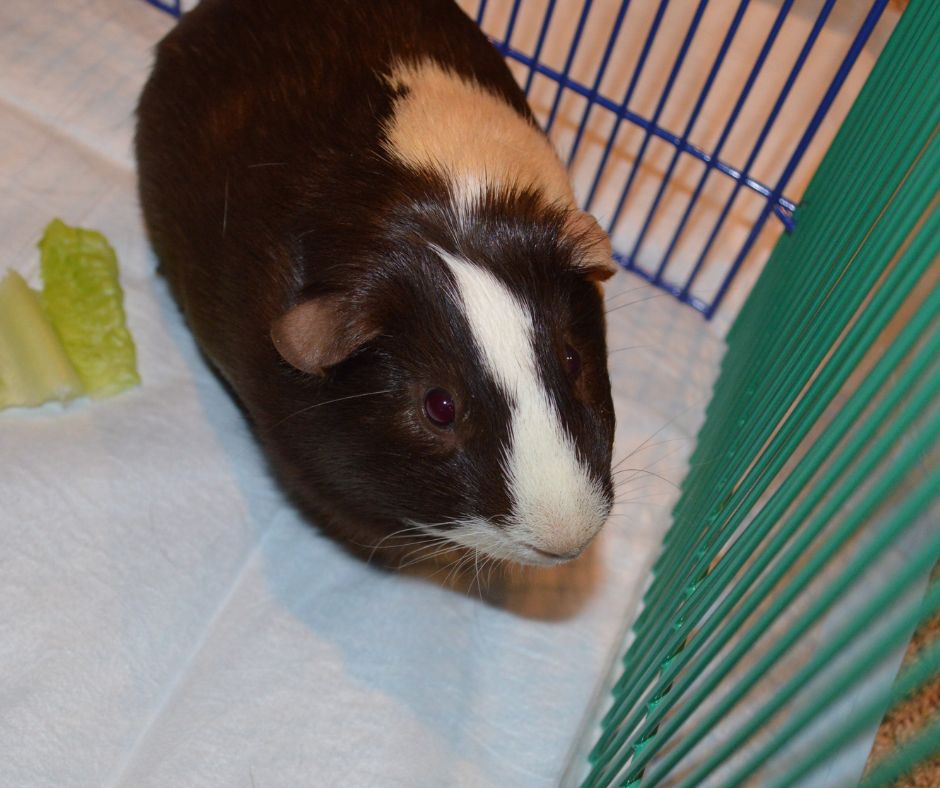
Corneal ulcers are caused by pinching hairs that irritate the cornea. Scratching and damage from sharp grass or hay, which can pierce the cornea and cause ulcers, may also be to blame. The cornea becomes thick and cloudy as a result of this.
A corneal ulcer can easily be treated if you notice the signs and consult a vet to start treatment. Pain, watery eyes, a cloudy appearance, redness, and discharge from the eyes are all frequent indications and symptoms.
However, if left untreated, ulcers can cause irreversible damage, corneal over-thickening, and vision loss, making treatment difficult.
Signs of Eye Infections
Guinea pigs’ eyes are sensitive to bacterial and fungal eye infections. Infections in the cage are caused by unsanitary surroundings and poor ventilation. When streptococcal bacteria enter the eyes, the moisture helps them grow, producing the infection.
The infection leads to inflammation of the conjunctiva known as conjunctivitis. Swelling, wet eyes, soreness, redness, blurred vision, discharge, and inflammation of the eyelids are some of the other symptoms.
It is critical to treat the infection as soon as possible; otherwise, it might result in irreversible visual loss and, in some cases, impact the nerve system.
How To Treat Guinea Pig Eye Bulging and Red
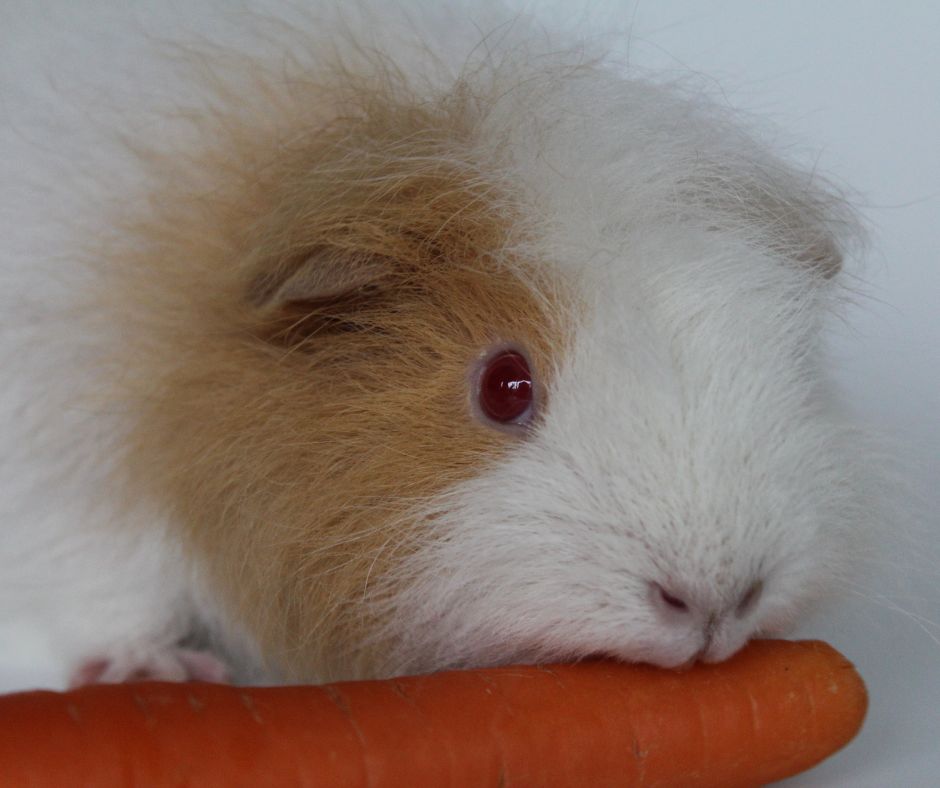
Bulging eyes are caused by malignancies in the eye socket, as previously stated. Both benign and malignant tumors are hazardous and lethal, but malignant tumors are more dangerous because they can spread through vessels from one place to another.
The tumor will be surgically removed by the veterinarian. A veterinarian will conduct tests to determine whether the tumor is benign or cancerous, and then prescribe medicine according to the results.
Because aberrant cell division occurs in that location, malignant tumors can reappear after surgery.
Eye redness can be caused by a variety of factors. A veterinarian will determine the source of the redness and provide the appropriate treatment. The vet will administer antibiotic or antifungal drops if the redness is caused by bacterial or fungal infections.
If the redness is caused by an allergy, eye ointments can help. As a result, you should see a veterinarian as soon as possible, or your pet may lose its vision.
AMBER NATURALZ – VIBACTRA Plus – Immune Support Plus – for Pet
Antibiotic Eye Drops or Oral Antibiotic Administration
To treat bacterial infections, antibiotic eye drops are always prescribed. Bacteria can be killed and prevented with eye drops. Bacteria can cause dry eyes, and these drops help to hydrate the eyes so that they can rotate easily in the eye socket.
Guinea pigs with eye tumors are given oral antibiotics after surgery to prevent the proliferation of bacteria into the eyes. Because respiratory infections can produce redness and watery eyes, it’s a good idea to provide oral antibiotics in these cases.
If the redness is caused by bacterial infections, recovery may take 5 to 7 days. If the redness is caused by an allergy or a respiratory illness, it may go away in three days.
Because eye drops, antibiotics, and other eye drugs are costly, give your pet proper care and provide medications on schedule.
Surgery Guinea Pig Eye
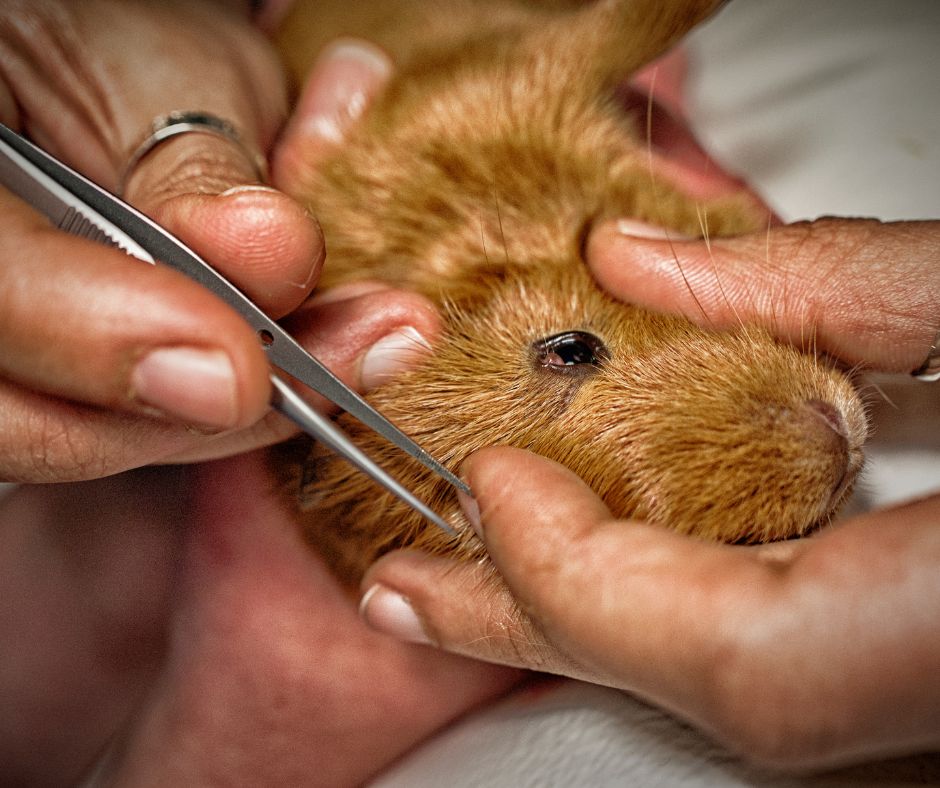
There are many eye problems that require surgery such as eye tumor, entropion, ectropion, and cataract. These diseases primarily affect guinea pigs in their elderly years.
The cost of eye surgery, particularly tumor surgery, is exceedingly high. If you take proper care of your pet, you should be able to recover in 10 to 15 days.
It takes time to recover from tumors and surgery because it is challenging for pet owners to take good care after eye surgery. Guinea pigs scratch and rub their eyes, causing injury and corneal ulcers.
To avoid further difficulties that could lead to surgical failure, keep the guinea pig under your supervision.
How To Prevent Guinea Pig Eye Problems?
Because prevention is preferable to cure, you should take precautions to avoid eye disorders. A dirty cage, respiratory difficulties, poor cage ventilation, fighting with cage mates, and allergies are all typical causes of eye disorders.
To avoid eye problems, keep the cage clean and ventilated. Bacteria might proliferate owing to dampness in the cage if the ventilation system is inadequate.
These bacteria cause infection when they invade the eyes. It’s also critical to keep the cage clean and fungus-free, as this might lead to fungal infection.
Fighting with other guinea pigs can result in eye problems such as corneal ulcers. They can scrape and tear the cornea while fighting, which can lead to a corneal ulcer if left untreated.
To avoid eye damage, all guinea pigs’ nails should be trimmed. If you see any damage or scratch to your eye, see a veterinarian right away since germs can multiply and cause illness.
Vetericyn Plus All Animal Eye Wash
Some Thought
Guinea pigs are prone to eye issues such as tumors and redness. Because eyes are sensitive, any issue can result in vision loss, you should consult a veterinarian if you observe any signs of eye disease. Infection, trauma, and ulcer can all result from a minor scratch in the eye.
As a result, owners should take preventative measures to avoid such issues. The most important thing to do to prevent eye problems in a pet is to keep his or her environment nice and clean. When introducing a new guinea pig to other pets, do so gently and cautiously to avoid conflict.
